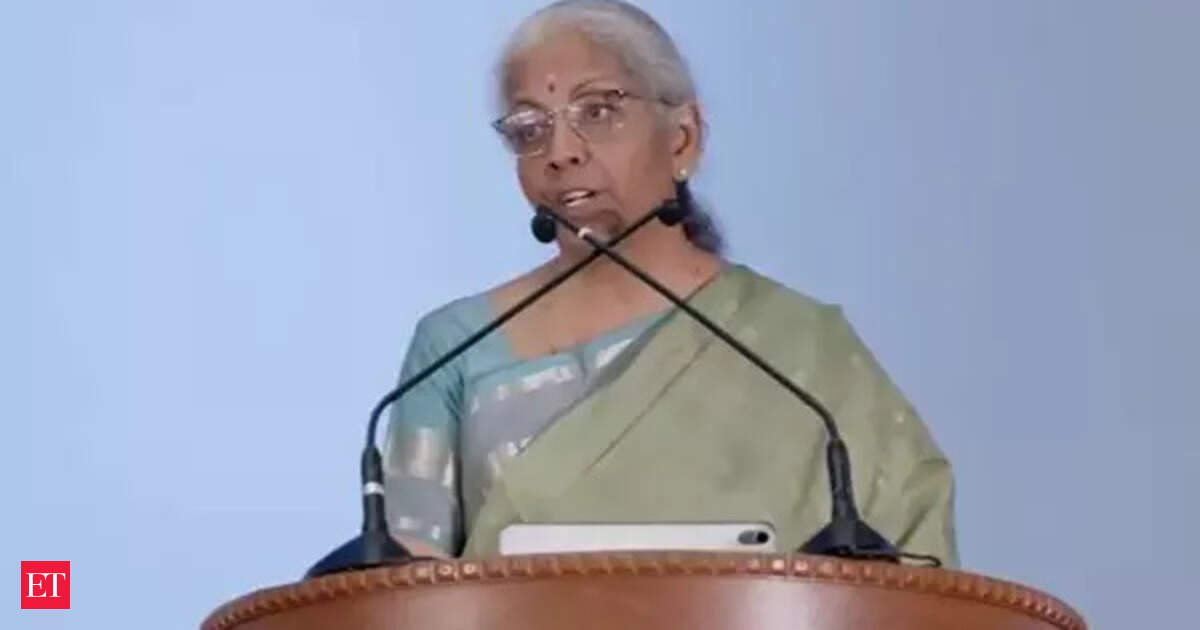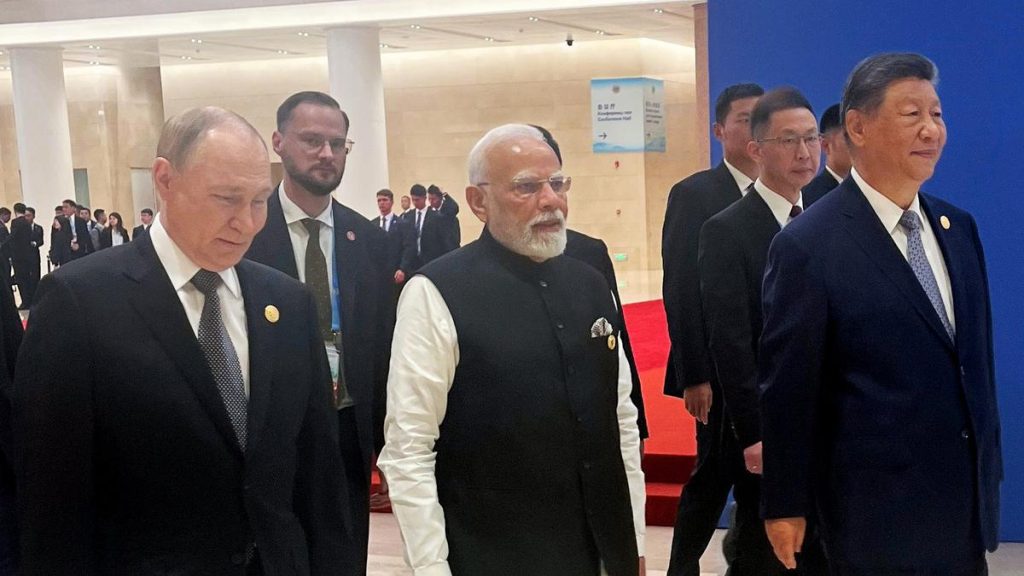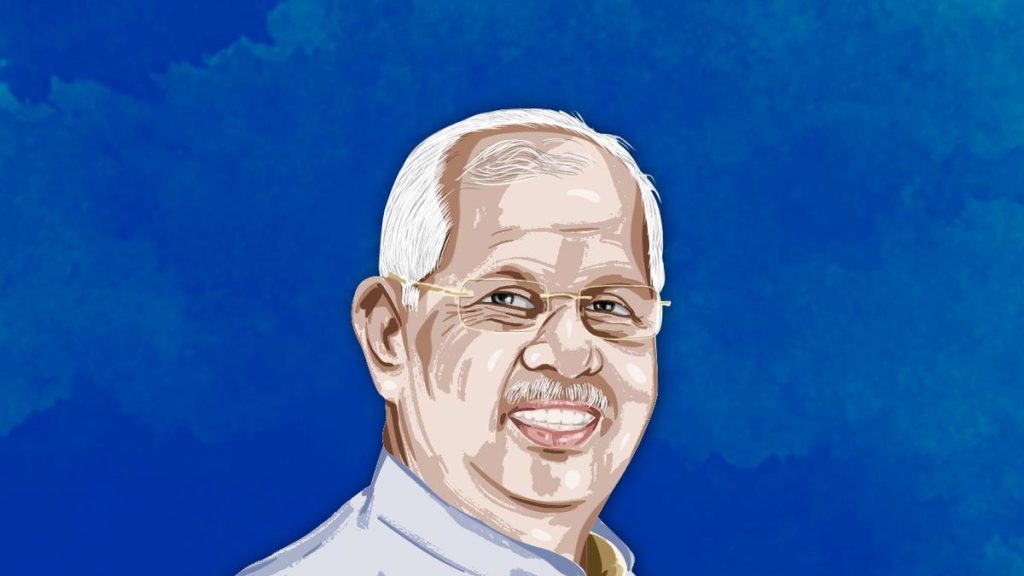Now Reading: FM Sitharaman Calls Opposition’s GST Criticism Misguided
-
01
FM Sitharaman Calls Opposition’s GST Criticism Misguided
FM Sitharaman Calls Opposition’s GST Criticism Misguided

Speedy Summary
- Finance Minister Nirmala Sitharaman criticized opposition parties for their “ill-informed” commentary on the GST reforms introduced in 2017.
- Sitharaman emphasized that the four tax slabs were the outcome of deliberations by an Empowered Committee of finance ministers, including Congress-led UPA ministers and opposition-governed states at that time.
- She expressed willingness to apologize if proven wrong with facts but denounced criticism as misleading and harmful to public understanding.
- The GST Council recently approved rationalization of tax slabs, reducing them to two (5% and 18%), effective September 22. Congress leader Jairam Ramesh referred to this change as a sign of “GST 1.5,” advocating further simplification towards “GST 2.0.”
- sitharaman defended Prime Minister Narendra Modi’s Independence Day proclamation about reform efforts as appropriate and pro-reform, stating his administration continued these measures even during COVID.
Indian Opinion Analysis
The debate over GST reforms highlights the complexities involved in policymaking within a federal democratic framework like India’s. Sitharaman’s remarks underline how consensus-driven decisions within committees-comprising representatives from various states-shaped initial GST implementation and the associated nuances of having multiple tax slabs. Rationalizing slabs simplifies compliance but may also alter revenue distribution across states, requiring further deliberation.
Criticism from opposition parties, while integral to democratic governance, needs factual grounding for constructive dialogue. As taxation policies directly impact consumers and industries alike, any misleading commentary risks obscuring nuanced discussions critical for policy evolution.
India’s developmental goals benefit from collaborative discourse between government bodies and opposition entities focused on shared economic priorities rather then political blame games-a sentiment echoed through calls for better leadership accountability across sectors.



























